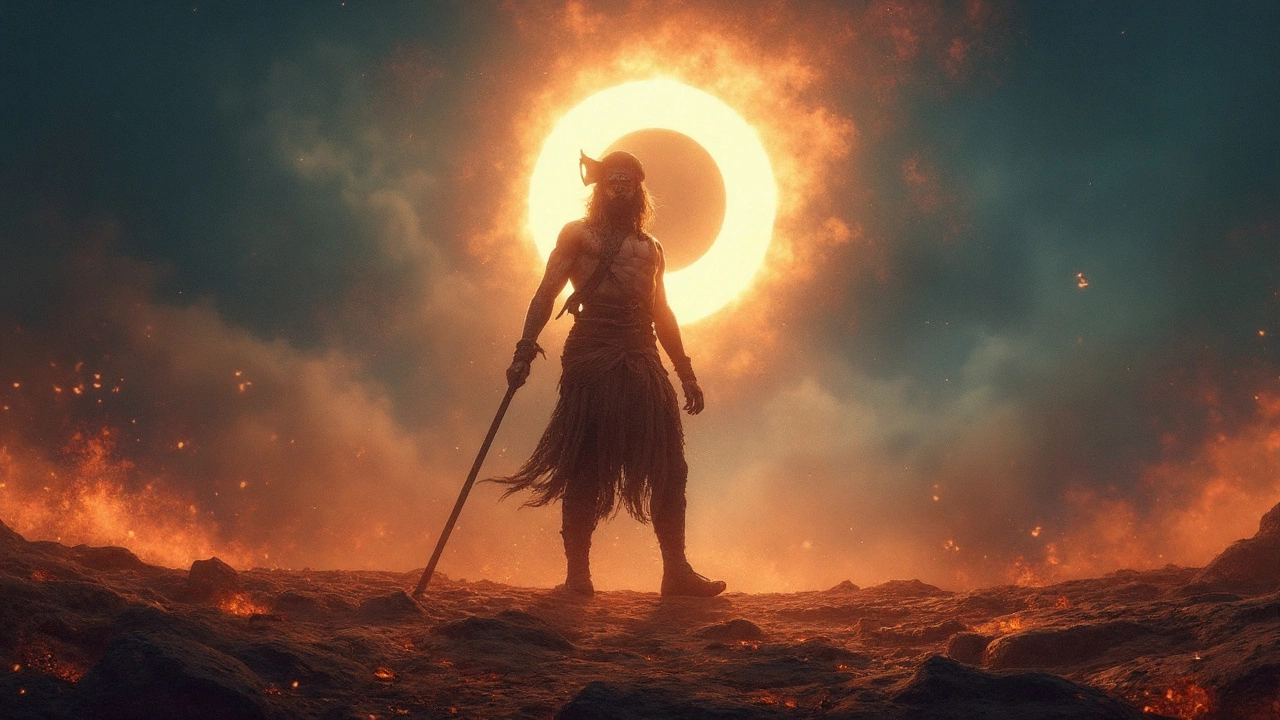If you’re scrolling through anime suggestions and the title Mirai pops up, you might wonder if it’s worth the time. Spoiler: it is. Directed by Mamoru Hosoda, the film follows a young boy named Kun who wrestles with a new baby sister he calls "Mirai". The story feels familiar – a kid feeling jealous of a sibling – but the way it’s told feels fresh and heartfelt.
Right from the opening scene, the film drops you into Kun’s world of imagination. He’s a typical fourth‑grader, obsessed with video games and trying to avoid chores. When his mother announces a baby on the way, his reaction is a mix of excitement and resentment. This emotional tug is the engine that drives the whole movie.
Kun’s journey takes him through a magical garden where he meets versions of his family from the past and future. Each encounter teaches him a lesson about patience, love, and responsibility. The garden acts like a visual metaphor for time – you see his great‑grandmother as a child, his own mother as a teen, and even a future version of himself.
The narrative isn’t just about family drama; it also explores how we grow up. Hosoda mixes everyday moments – like sharing a toy or a simple dinner – with fantastical sequences that feel like a kid’s daydream. The balance keeps the story grounded while allowing the audience to wonder about what lies ahead.
First, the animation. The colors are bright but not gaudy, and the character designs feel real enough to relate to yet stylized for a magical feel. The garden scenes are especially detailed, with each plant and stone looking hand‑drawn. This visual care makes the emotional beats hit harder.
Second, the sound. The score by Masakatsu Takagi blends soft piano with subtle strings, echoing Kun’s feelings at each stage. When Kun finally accepts Mirai, the music swells just enough to make the moment feel sincere without overplaying it.
Third, the theme of time. Unlike many anime that focus on epic battles or dystopian futures, Mirai asks a simple question: how do we treat the people we love now, knowing they’ll become part of our memories? It’s a question that hits both kids and adults. The film never talks down to its younger audience; instead, it trusts them to understand the weight of change.
Finally, the pacing. At just under two hours, the story moves quickly through key moments but takes its time when it matters – like when Kun finally holds the baby. You never feel rushed, and you never sit through filler.
So, should you watch Mirai? If you enjoy animated films that blend everyday life with a touch of magic, the answer is a resounding yes. It’s a movie that can make you laugh at a toddler’s tantrum, feel a pang of jealousy you’ve felt yourself, and walk away with a warm feeling that family, in all its mess, is worth the effort.
In short, Mirai delivers a heartfelt story, beautiful visuals, and a soundtrack that stays with you. It’s an easy recommendation for anyone looking for an anime that feels both personal and universal.

Mirai blends ancient Indian mythology with a modern thriller setup, led by Teja Sajja and a fierce antagonist turn by Manchu Manoj. Built around Emperor Ashoka’s nine sacred scriptures, the film scales up to a Dharma-versus-Adharma clash with strong visuals and a rousing score. The 169-minute runtime feels stretched, but rich world-building and a confident cast set up a larger franchise.